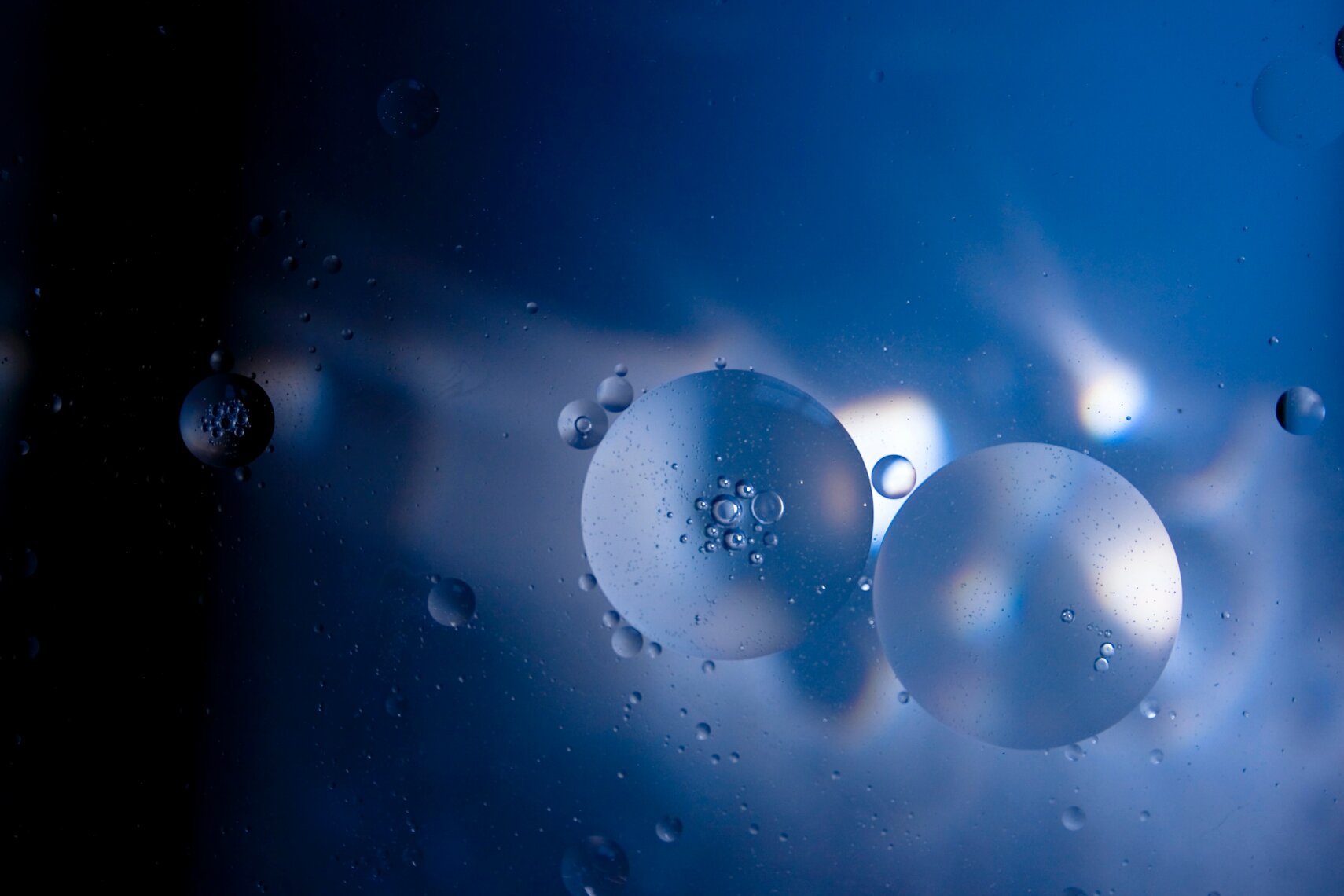 What’s the Difference Between Collagen Peptides and Hydrolyzed Collagen?
What’s the Difference Between Collagen Peptides and Hydrolyzed Collagen?
Synthesis
The synthesis of collagen is a fundamental biological process that describes how the body manufactures and assembles collagen structures. This intricate process takes place within specialized cells known as fibroblasts, which play a pivotal role in the production of collagen. Collagen synthesis involves a series of biochemical reactions in which individual amino acids, primarily glycine, proline, and hydroxyproline, are assembled into long chains called polypeptides. These polypeptides then undergo further modifications and interactions to form the characteristic triple-helix structure of collagen molecules.
Collagen synthesis is a highly regulated and precise process, essential for maintaining the structural integrity and functionality of various tissues and organs in the body. It occurs continuously to replace old or damaged collagen, ensuring that the body’s connective tissues remain resilient and functional. The proper functioning of fibroblasts and the availability of necessary co-factors, such as vitamin C, are crucial for efficient collagen synthesis.
 What’s the Difference Between Collagen Peptides and Hydrolyzed Collagen?
What’s the Difference Between Collagen Peptides and Hydrolyzed Collagen?
 What is Bone Health and How Can Collagen Peptides Support It?
What is Bone Health and How Can Collagen Peptides Support It?
 Collagen Peptides: Support Your Skin the Nutritional Way
Collagen Peptides: Support Your Skin the Nutritional Way
 Does Ethnicity Affect How Our Skin Ages?
Does Ethnicity Affect How Our Skin Ages?



